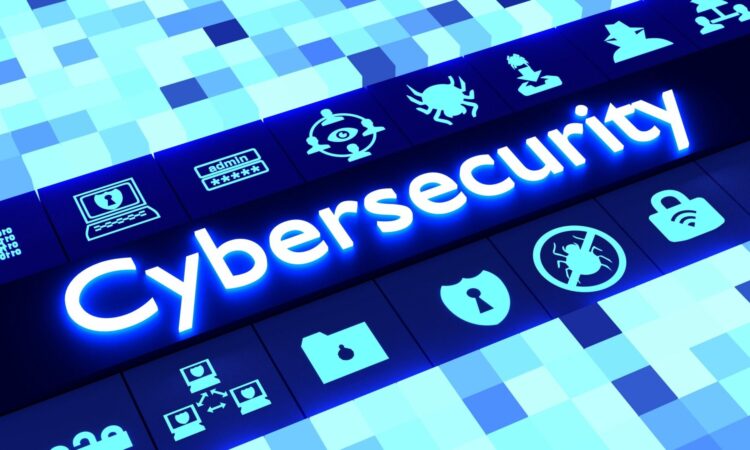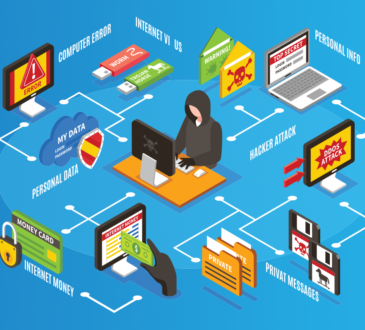
Local governments face a myriad of challenges that extend beyond physical infrastructure and public services. With more services moving online and the surge in digital data collection, there’s an ever-growing risk of cyberattacks targeting local municipalities. Cyber threats, from ransomware attacks to data breaches, can disrupt essential services, erode public trust, and lead to financial losses.
Therefore, cybersecurity awareness at the local government level is not just essential—it’s imperative. This article provides insights into the significance of cybersecurity awareness for local governments and shares resources to help bolster their digital defenses.
The Rising Threat Landscape
Local governments are attractive targets for cybercriminals because of the vast amount of sensitive information they hold, including citizen data, financial records, and critical infrastructure details. Moreover, due to budget constraints and lack of awareness, many local governments might not have robust cybersecurity measures in place, making them easier targets.
Top 10 digital marketing courses in Shahdara, Recent ransomware attacks on cities across the U.S. underscore the tangible threats faced by local governments. These attacks not only halt critical services but also often cost municipalities millions in ransom payments and system recovery efforts.
Strengthening Cyber Defenses: Steps for Local Governments
- Regular Training & Awareness Programs: Cyber threats aren’t solely technical problems. Often, human error—like clicking on a malicious link or using weak passwords—can be a gateway for cyberattacks. Regular training for all government employees can significantly reduce these risks.
- Data Backup & Recovery: Ensure that all critical data is backed up regularly and securely. In case of ransomware attacks, having an updated backup can prevent data loss and the need to pay ransomware.
- Regular System Updates & Patches: Outdated software can have vulnerabilities that cybercriminals exploit. Ensure all systems are updated with the latest security patches.
- Multi-factor Authentication: Implementing multi-factor authentication for accessing sensitive data adds an additional layer of security, ensuring that even if passwords are compromised, the data remains protected.
Government Resources to Assist Local Governments
- The Cybersecurity & Infrastructure Security Agency (CISA): CISA, a division of the Department of Homeland Security, offers a plethora of resources tailored for local governments. Their tools, best practices, and training modules are designed to help municipalities identify vulnerabilities and strengthen their cyber defenses.
- Resource link: CISA Resources for State and Local Governments
- The National Institute of Standards and Technology (NIST): NIST’s Cybersecurity Framework provides a set of best practices and standards for improving critical infrastructure cybersecurity. Local governments can utilize this framework to assess and enhance their cybersecurity posture.
- Resource link: NIST Cybersecurity Framework
Cybersecurity for local governments is not a luxury—it’s a necessity. With the evolving threat landscape, local municipalities must remain vigilant, informed, and proactive. Leveraging resources like those provided by CISA and NIST can guide local governments in building resilient digital infrastructure, safeguarding their communities, and maintaining the trust of their constituents. Click here





